AARP Hearing Center


Dehydration may seem like something that happens to extreme athletes or someone who has a gastrointestinal illness. But doctors say it is a very real risk for all adults over age 65.
As you get older, your sense of thirst is blunted, so you may not recognize your body’s need for fluids, says Ardeshir Hashmi, M.D., section chief of the Center for Geriatric Medicine at Cleveland Clinic.
“On a warm or hot day, without even sensing it, you’re losing a ton of fluid,” he says. “In older adults, the same level of dehydration that normally triggers a thirst response may not. The thirst mechanism goes down drastically, especially after age 80.”
Other factors also put older adults at higher risk. The body’s ability to retain water in blood vessels decreases with age, so fluids are more easily depleted. If you suffer from diabetes or take diuretics, both can contribute to water loss.
What’s more, older adults with urinary incontinence may intentionally reduce their fluid intake or take medications to try to avoid accidents. And those experiencing cognitive decline may get dehydrated simply because they forget to drink, says Hal Atkinson, M.D., a professor of geriatric medicine at the Wake Forest School of Medicine.
Risks of dehydration — and how fever factors in
Unchecked, dehydration can have grave consequences, doctors say. It can cause confusion and weakness or prompt your blood pressure to drop so dramatically that you get dizzy, fall and break a bone. Or you can go into hypovolemic shock, when your blood pressure gets so low that your heart is unable to pump enough blood to the body.
“Water is life,” says Atkinson. “When you have too little fluid in the body, it can affect a lot of different organ systems, because your body is 60 percent fluid.”































.jpg?crop=true&anchor=13,195&q=80&color=ffffffff&u=lywnjt&w=2008&h=1154)



























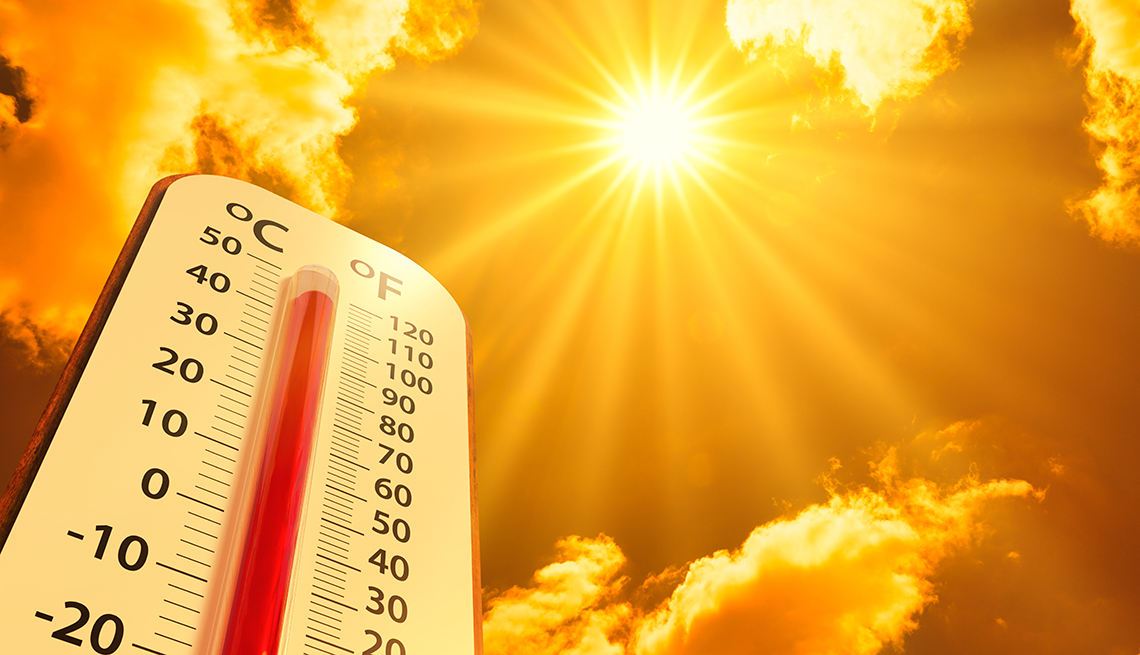
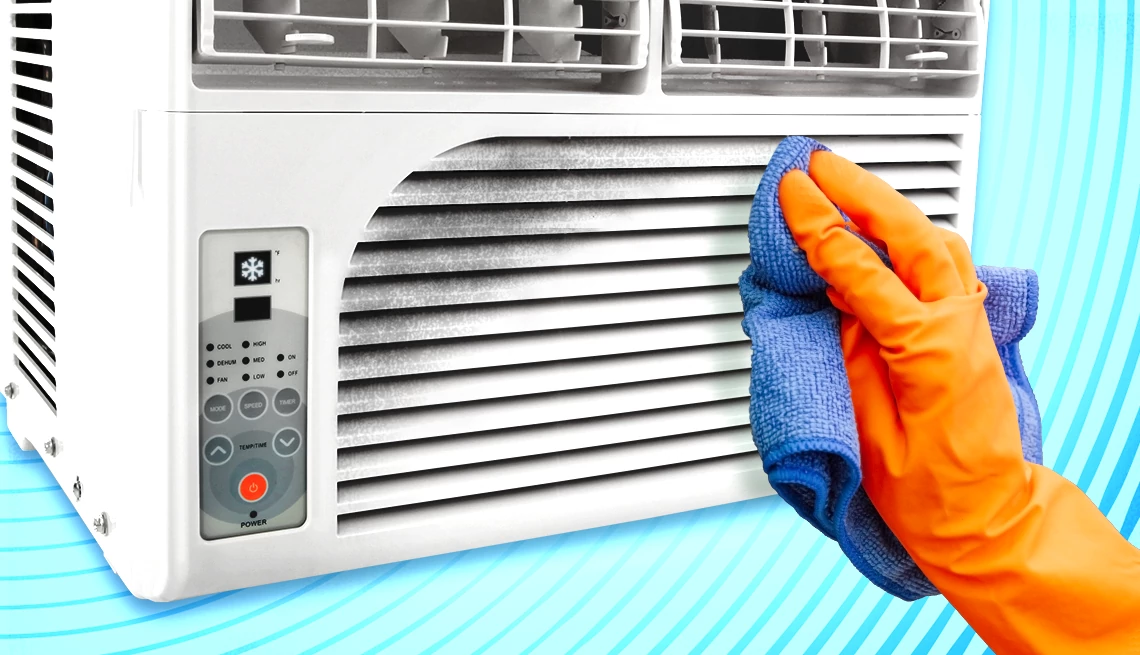
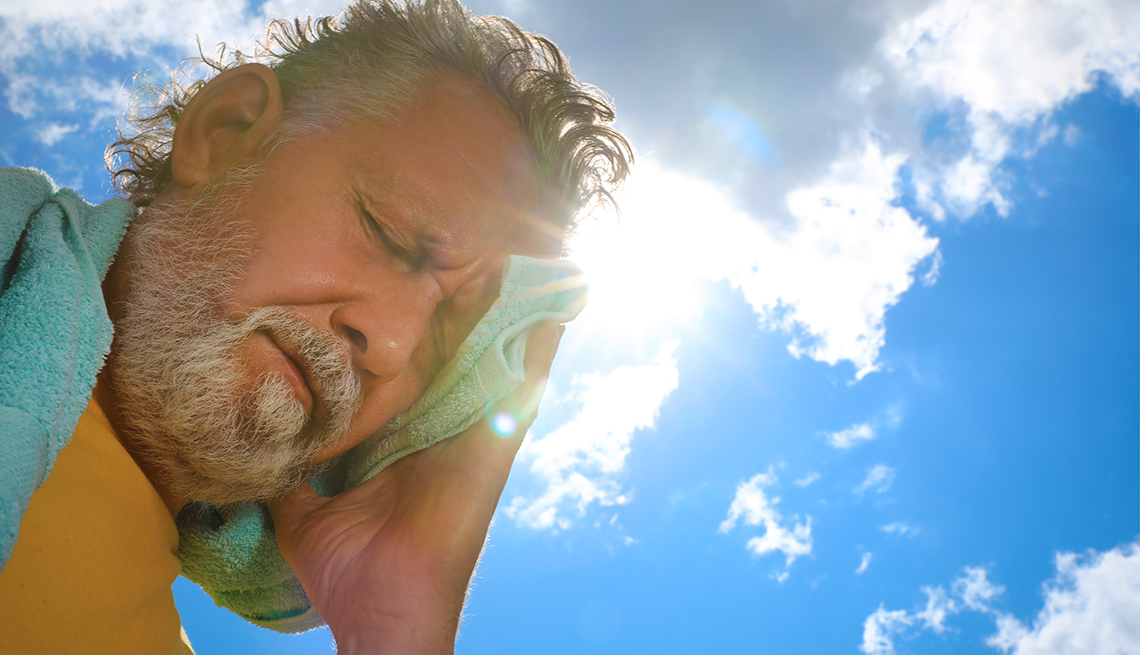


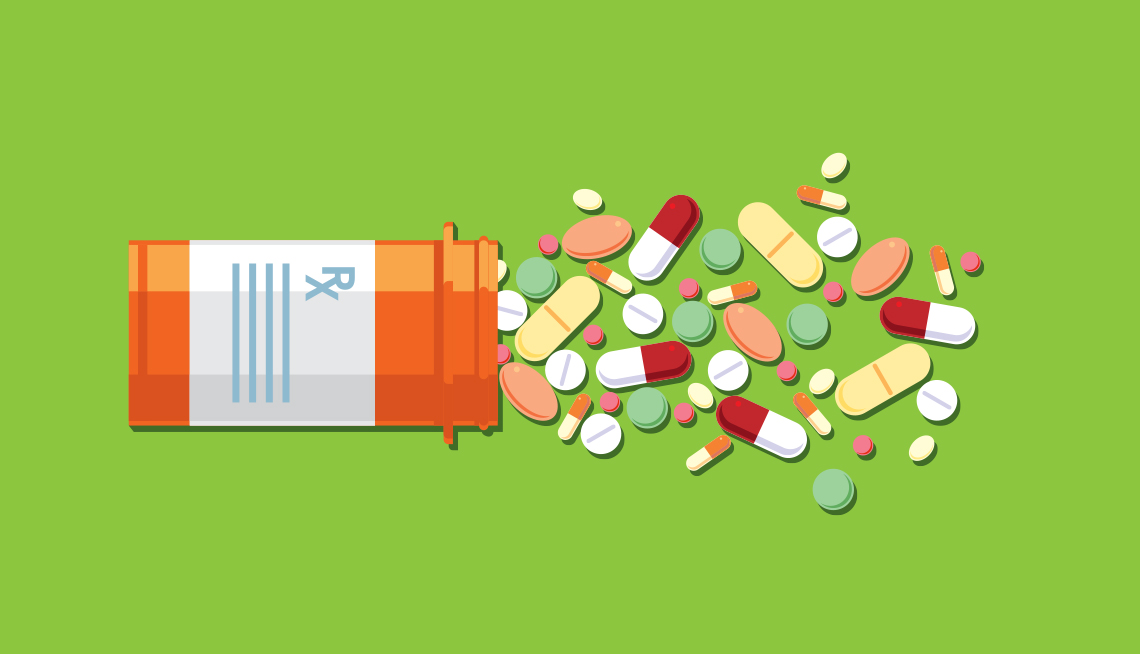

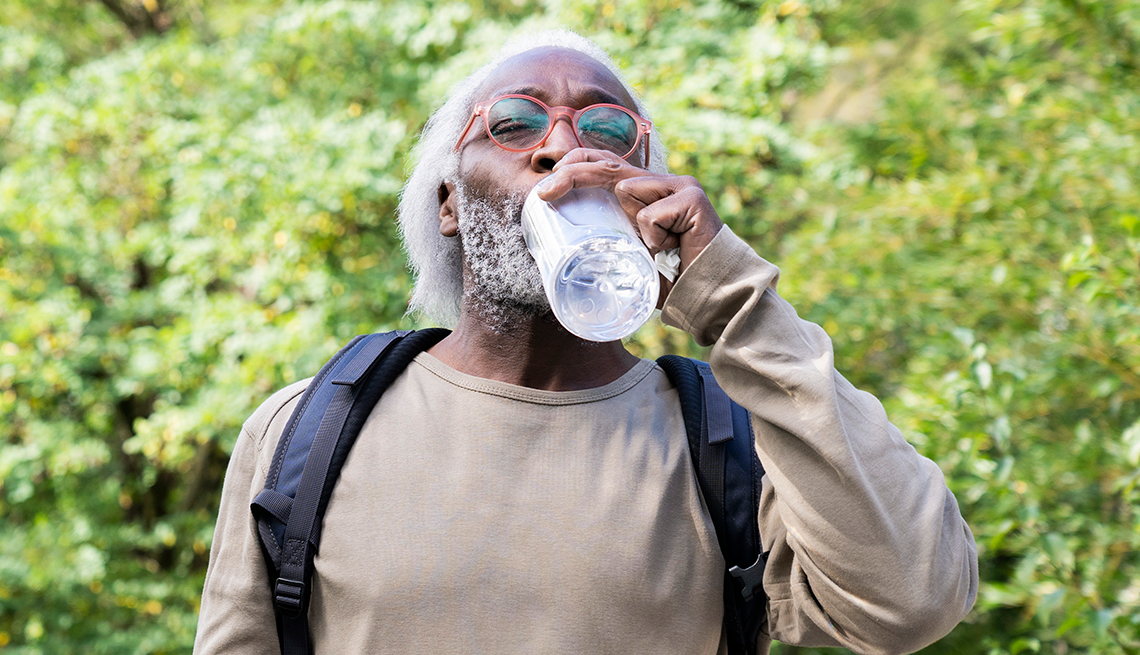






More From AARP
Hot Days Can Be Hard on the Heart
Risk of heart attack, stroke is greater in extreme tempsHow Heat Affects Older Adults
High temperatures can be a health hazard. Here’s why
AARP Smart Guide to Sun Protection
SPF is just one important factor — here are more tools that can help in preventing damage from harmful rays
Recommended for You